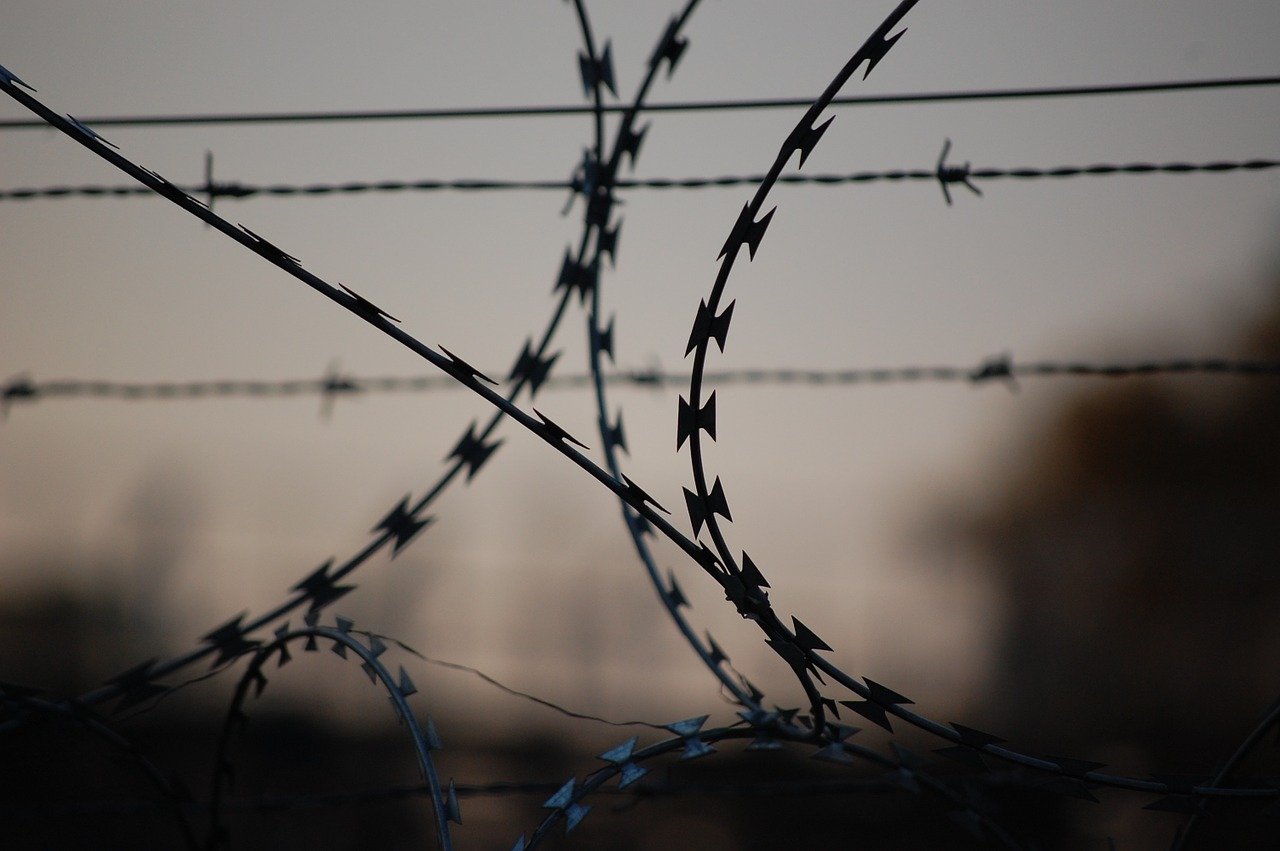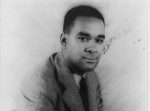The United States boasts the largest number of prisoners in the world, with more than 2.12 million people imprisoned as of June 2020. Approximately 8% of the United States’ incarcerated population are in privately owned prisons. Those facing federal imprisonment are more likely to find themselves in for-profit, private prisons. Center for American Progress cites a 47% increase in the number of prisoners in private prison facilities since 2000. Moreover, their article, titled “How Private Prisons Are Profiting Under the Trump Administration,” cites a 442% increase in the number of immigrants in private prisons from 2000 to 2016.
Profiting Off Incarceration
The birth of private prisons came from the need for more space for incarcerated people, a need compounded by the large number of people that the U.S. imprisons. The ACLU, a strong opponent of private prisons, explains “while the nation’s unprecedented rate of imprisonment deprives individuals of freedom, wrests loved ones from their families, and drains the resources of governments, communities, and taxpayers, the private prison industry reaps lucrative rewards.” In essence, private-prison companies are able to capitalize on the misfortune of others. The ACLU’s article continues: “Private prison companies essentially admit that their business model depends on locking up more and more people. The American economy should not include locking people in cages for profit.”
Capitalism and Mass Incarceration
The reason for mass incarceration is not solely due to the income generated by private prisons, as they only hold 8% of inmates. The roots of mass incarceration run much deeper. The consequences of the United States justice system have been detrimental to low-income communities of color. Mass incarceration has created a vicious cycle in these communities, where imprisonment has become a part of life for many young Black and Hispanic men. The U.S. Department of Justice’s report on the likelihood of going to prison found that Black males have a 28.5% chance of facing imprisonment in their lifetimes, compared to 16% for Hispanic males, 9% for all males, and 4.4% for white males.
These statistics are not due primarily to the interests of private prisons, but because of the interests of capitalism. Capitalism creates an environment where a low-income class is necessary. If the United States did not have a large low-income population, people would be unwilling to work the minimum wage jobs that keep corporations wealthy. Mass incarceration is able to assist the interests of capitalism by making sure that low-income communities are unable to escape poverty. This trend can be seen all throughout history. In 1917, during the Tulsa race massacre, mobs of white residents stormed the majority Black Greenwood District of Tulsa and destroyed more than 35 blocks of Black-owned property. Not only was property destroyed, but an estimated 75 to 300 people also lost their lives. This was an especially significant racially motivated attack as it was one of the few areas in the United States where Black people were beginning to prosper.
These forms of attack on Black prosperity are still a very systemic part of U.S. society. Modern mass incarceration began to skyrocket in the 1970s as Richard Nixon and Ronald Reagan declared a “war on drugs.” The War on Drugs was not born out of a hatred of drugs, but rather a hatred of the slow introduction of African Americans into white society. The policies birthed from the War on Drugs systematically targeted low-income communities of color, greatly contributing to mass incarceration and the large prison population that the U.S. has today.
A Targeted War
Drugs were slowly becoming a symbol of political dissatisfaction, as those who participated in drug use often called out U.S. institutions and war policies. The Drug Policy Alliance states that “a top Nixon aide, John Ehrlichman … admitted: ‘You want to know what this was really about. The Nixon campaign in 1968, and the Nixon White House after that, had two enemies: the antiwar left and black people. … We knew we couldn’t make it illegal to be either against the war or black, but by getting the public to associate the hippies with marijuana and blacks with heroin, and then criminalizing both heavily, we could disrupt those communities.’”
Mass Incarceration and Upholding Capitalism
Not only is incarceration often problematic in that it has kept people in prisons for crimes they did not commit, but many Black men are facing life sentences for petty crimes such as marijuana usage or low-level drug dealing. This has devastating effects on Black communities, as low-income families who are already struggling to provide for their families lose a source of income when a family member is incarcerated.
The effects of incarceration do not end after a person is released either. Having a criminal record greatly hurts the chances of being hired. Spending time in prison can contribute to mental illness, which makes it more difficult to support a family, and those who face incarceration often see prison time again in their future, due to the cycle that imprisonment creates. Unfortunately, due to the pressures of capitalism, as families struggle to make ends meet, some find it necessary to commit crimes such as robbery or drug dealing in order to feed their family.
Capitalism is the winner in this situation. Black Americans have the odds stacked against them. Mass incarceration contributes to capitalism by making sure that the U.S. has a low-income class of Black people to take advantage of. Black communities are overpoliced in a way that destroys the very communities that policing supposedly protects. Ending private prisons would not end mass incarceration, but it would be a step. While mass incarceration is unethical, profiting off of it is particularly unethical. The United States government incarcerates so many people that private prisons have become “necessary,” yet countries all over the world flourish without shoving their minority populations into prisons. Capitalism will always be the great truth of the U.S., but we must transform it into a system that allows all people to prosper.

















